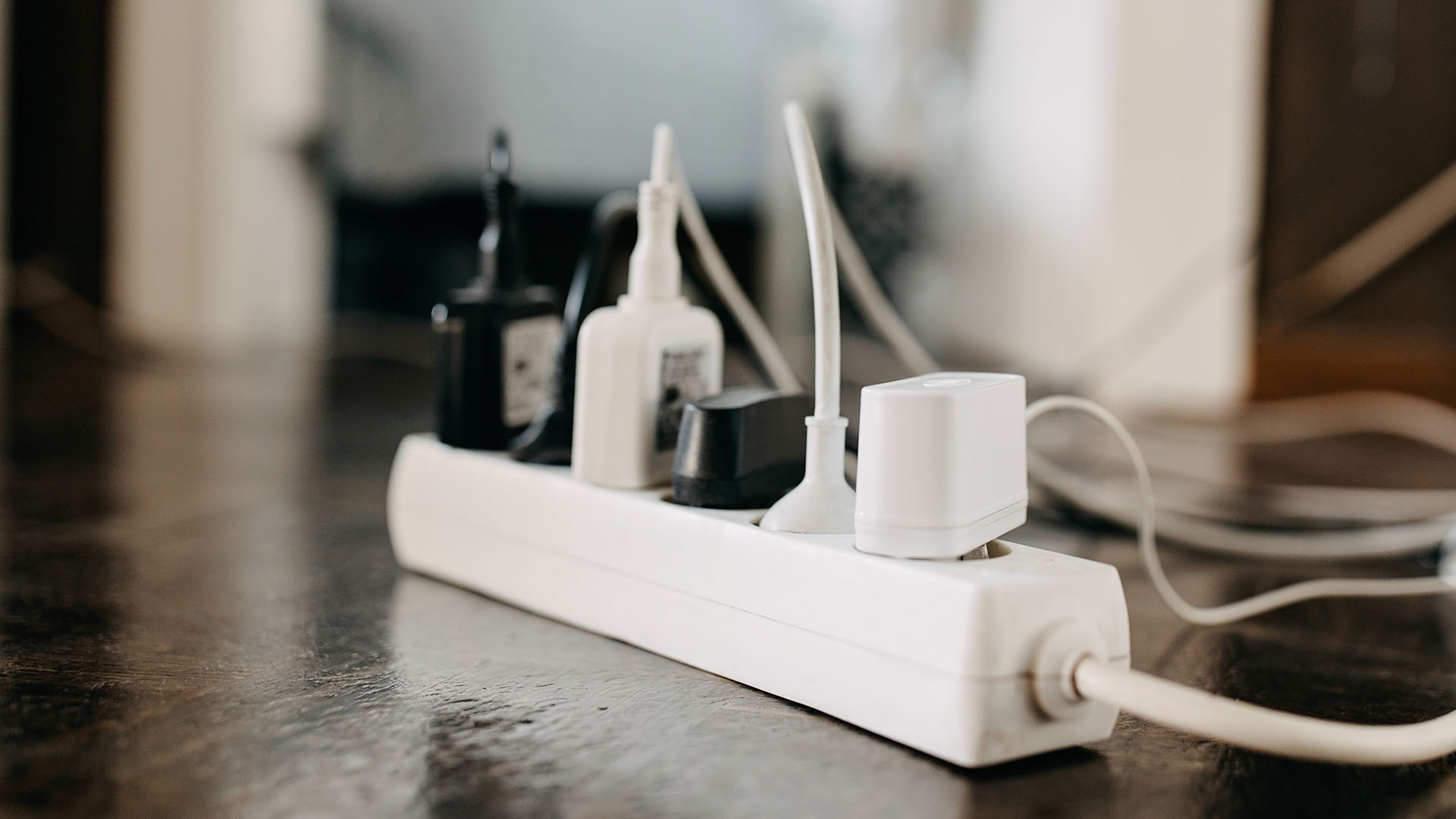These days, a smartphone can be a vital way to stay in touch with your child. They can call for help in an emergency and, if they’re in danger but can’t call you for some reason, cellphone tracking can help you find them. From a parent’s perspective, those are good reasons to give your child a phone. From your child’s perspective, of course, a phone gives them the chance to make new friends and explore the world digitally.
Unfortunately, some parts of cyberspace are not suitable for children, and scammers and online predators pose even more threats. It’s not wise to let your child use a cellphone with no supervision, especially younger children. As a parent, it’s your responsibility to understand the potential dangers and take practical steps to protect your child.
6 dangers of unsupervised cellphone use
- Online predators
The dark underbelly of the internet includes a sickening trade in images of child sexual abuse, created and distributed by criminals who often pose as trustworthy figures on social media to exploit unsuspecting kids. A predator will pretend to be a child to groom a target online, posing as your child’s peer or playing an ‘older sibling’ role to win their trust and encourage them to share ‘secrets’ or take on ‘dares’. They might trick your child into sharing explicit images, then blackmail them for more. In a worst-case scenario, a predator could convince your child to meet them in real life, putting them at risk of sexual abuse and human trafficking.
- Theft of banking information and fraud
If your child falls for a phishing scam or gives out too much personal information to a ‘friend’ on social media, they might give away details that a fraudster can use to access their digital banking app and steal from their accounts.
- Sharing information that puts them at risk physically
Children may unknowingly share personal details like home addresses or school names on public platforms that compromise their safety. Even uncaptioned images can help identify their location – and in the excitement of sharing experiences on social media, kids may forget to protect their personal information.
- Inappropriate content
The internet has plenty of enlightening, educational content, but it also has millions of sites screening potentially harmful material. Unless you have the right filters in place, your child could be exposed to religious, sexual and ethnic bigotry, graphic violence, and adult sexual content. Internet subcultures can produce an echo-chamber effect, putting your child at risk of believing that the attitudes promoted by these sites are universal worldviews. This can lead to them rejecting the values of your community, or what you consider acceptable behaviour.
- Cyberbullying
Cyberbullying can be worse than physical bullying, because cyberbullies can attack your child even in the safety of your home. Social media makes it even easier for attackers to share mocking nicknames, spiteful messages, and embarrassing videos with a huge audience for maximum humiliation. The emotional and psychological toll can devastate an insecure youngster.
- Unintended spending
Accidental in-app purchases can drain your child’s finances – or yours, if any of their online payment options are funded from your accounts.
Help them understand how they can become cyberbullies without realising it
Parental controls improve smartphone safety
Cybersecurity is about protecting your digital systems, networks, and programs from cyberattacks. If a cybercriminal gains access to your device, they can change or destroy sensitive information, extort money through ransomware, or interrupt your communications.
Educate your child about cybersecurity principles, including how to recognise spyware and phishing attempts, and the importance of strong, unique passwords. Also talk about dark patterns that some service providers build into their offerings – like subscriptions that renew automatically without alerting you, or ‘free trials’ that switch to paid contracts unless you opt out, rather than working on an opt-in principle.
Here are some other steps you can take to improve your child’s phone security:
- Supervise use
Keep a close watch on your child's smartphone activities. Regular check-ins can ensure they're using their devices responsibly.
- Set robust parental controls
Manage app usage, screen time, and content access by activating parental controls. Apps like Google Family Link or the gaming app Roblox can help you oversee your child's phone activities and set parental controls.
- Foster open dialogues
Regularly discuss online safety and the associated risks with your child. Go through a list of resources together that teach you how to spot phishing attempts and avoid scams. Make sure they know that they can come to you for help if they’re being cyberbullied – and help them understand how they can become cyberbullies without realising it, by sharing or commenting on an attack by a cybermob. Empower them with knowledge about the dangers of interacting with strangers online, and how to spot a predator trying to groom them. Encourage them to report any unusual behaviour to you immediately.
Actively monitor your child’s phone habits, so that you can spot potential problems early
- Craft a family contract
Design a family contract outlining the rules and expectations for smartphone use. This should include screen time, acceptable behaviour, and the consequences for breaking these rules. Negotiate balanced screen time rules, ensuring other activities are not neglected. For younger children, limit screen time to 1 hour of high-quality content a day.
- Know their passwords
If you know your child’s passwords, you can access their phone in an emergency. This is a sensitive issue, so they need to be able to trust that you’ll respect their privacy and use the password only in a genuine emergency.
- Use virtual cards to monitor and control spending
A virtual card can be helpful if you allow your child to buy features, apps, music or other media on their phone using your current account or credit card. You can create a virtual card, linked to an active account, using your smartphone banking app. You can then set a spending limit and an expiry date on the virtual card, giving your child a set budget for their smartphone spending every month, which you can monitor via digital banking.
Note: There is a difference between virtual cards and digital cards.
- Virtual cards are issued for online payments only – you can't add them to digital wallets to pay for physical purchases at points of sale (POS).
- Digital cards are digital versions of physical cards, so you can add them to digital wallets for use at POS.
It’s hard to deny your child a cellphone when all their friends seem to have them, and smart devices do make it easier to check on the safety of everyone in your family. However, you need to be watchful and actively monitor your child’s phone habits, so that you can spot potential problems early.
When you do decide to get them their own phone, check out the excellent deals and regular promotions on smart devices and prepaid voice, data and SMS packages available on Avo SuperShop, Nedbank’s one-stop online store.








